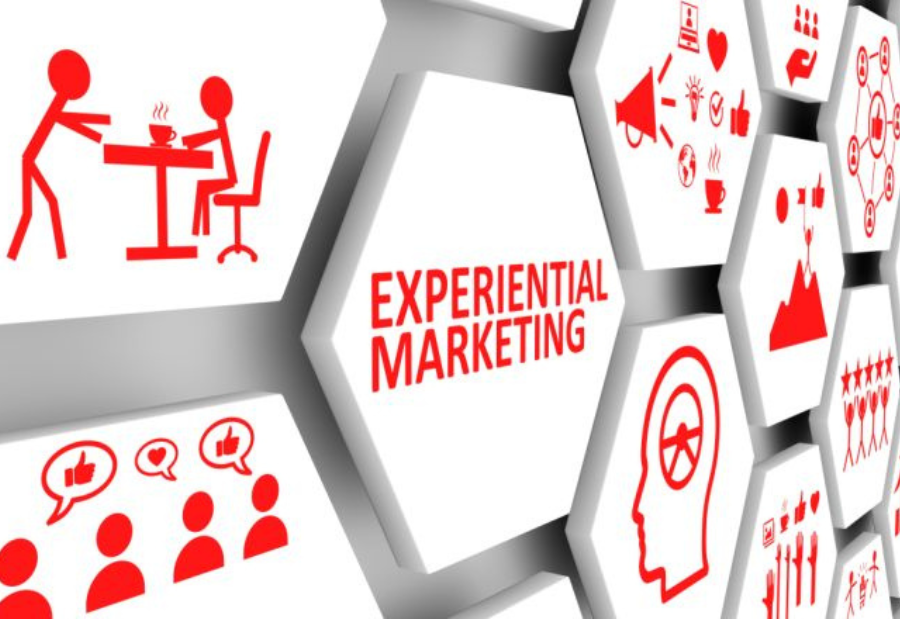
The Rise of Experiential Marketing: Why Experiences Sell Better Than Ads
In a world where consumers are constantly bombarded with advertisements—whether it’s on social media, TV, billboards, or even their favorite apps—traditional marketing is losing its edge. People have become skilled at ignoring ads, but they remember experiences. This shift has given rise to experiential marketing, a powerful approach that focuses on creating meaningful interactions rather than just delivering messages.
What is Experiential Marketing?
Experiential marketing, also known as engagement marketing, is about immersing customers in a brand experience. Instead of telling them why your product or service is great, you let them feel it, try it, and live it. The goal is to build an emotional connection that goes beyond a transaction.
Think of Coca-Cola’s “Share a Coke” campaign, where people could find bottles with their names on them. Or Red Bull’s extreme sports events, where the brand doesn’t just sell an energy drink—it sells adrenaline, adventure, and excitement.
Why Is It So Effective?
-
Memorable Impact – People forget ads, but they don’t forget experiences.
-
Word-of-Mouth Amplification – A great experience is Instagram-worthy, creating free organic promotion.
-
Deeper Emotional Connection – It’s not just about buying, it’s about belonging.
-
Personalization – Experiences can be tailored to specific customer groups, making them feel valued.
Examples of Experiential Marketing in Action
-
Nike: Their flagship stores often double as sports hubs, with courts, running tracks, and personalization studios.
-
IKEA Sleepover: IKEA once hosted a sleepover in its store for customers, turning an ordinary shopping trip into an unforgettable event.
-
Spotify Wrapped: A digital experience that feels personal and shareable, turning data into a yearly celebration.
How Businesses Can Apply It
-
Host interactive pop-ups or workshops.
-
Create immersive digital experiences (like AR filters, VR showrooms, or gamified apps).
-
Build community events that align with your brand values.
-
Leverage user-generated content by encouraging customers to share their experiences.
The Future of Experiential Marketing
With the rise of technologies like AR/VR, the metaverse, and AI-driven personalization, experiential marketing will only become more immersive and impactful. Customers don’t just want to buy—they want to belong to a story. Brands that can deliver that will stand out in a crowded marketplace.
Final Takeaway:
In 2025 and beyond, marketing isn’t just about what you say—it’s about what people feel. If you can create moments that matter, you’ll create customers who stay.